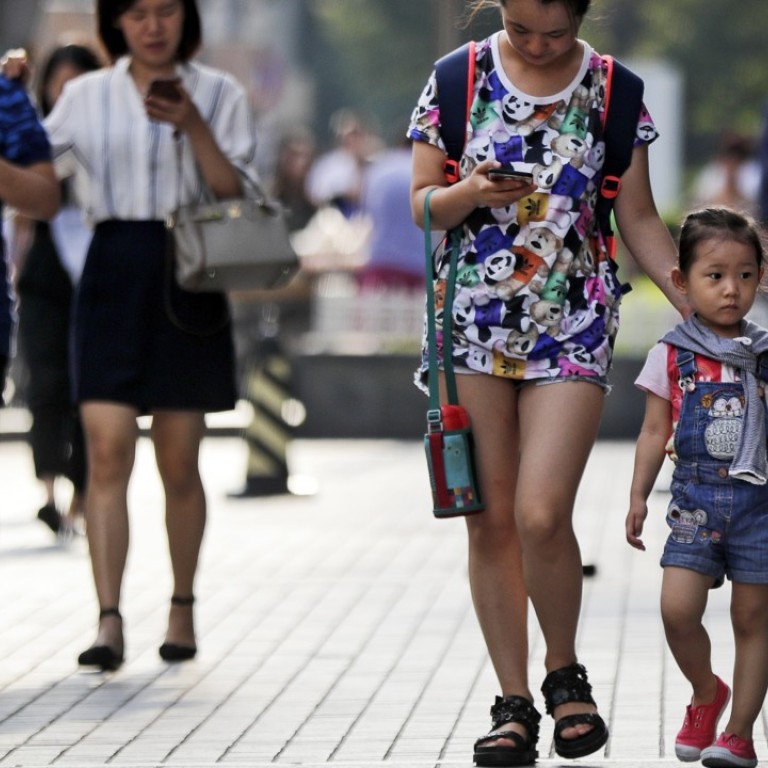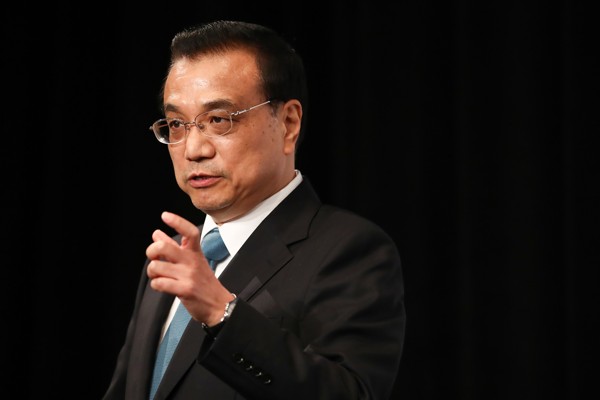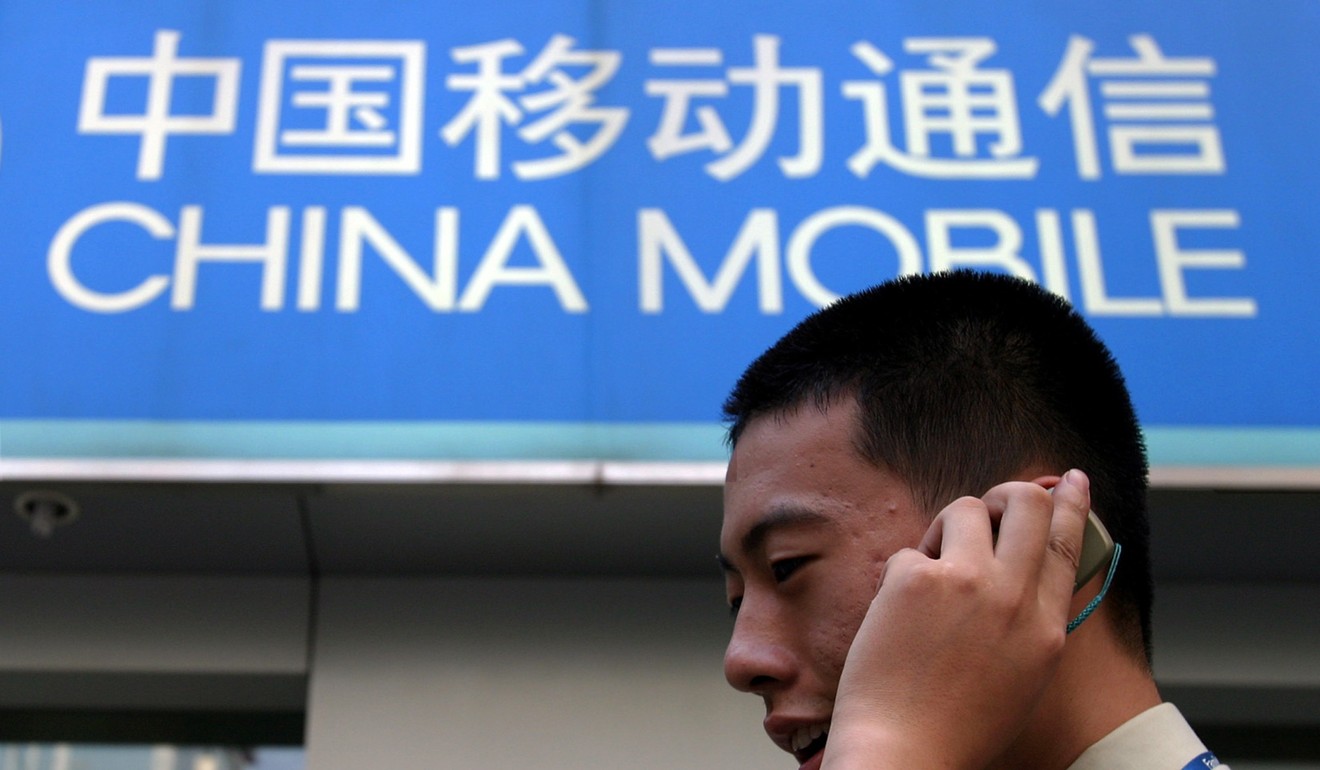
China’s telecoms giants march to the beat of national service
Three major network operators make sweeping tariff cuts from Friday, a month ahead of planned
Mainland China’s vast telecommunications market will witness sweeping tariff cuts from Friday as the three biggest network operators answer the government’s call to lower costs for consumers and businesses for the third consecutive year.
The move comes a month ahead of schedule, following the call made by Chinese Premier Li Keqiang in early March for the telecommunications industry to speed up the pace of network performance upgrades and tariff reductions.
All three telecommunications network operators announced September 1 as their implementation date, which represented both a show of support to the government and a way to foster goodwill with consumers
“All three telecommunications network operators announced September 1 as their implementation date at their [respective interim] earnings announcement, which represented both a show of support to the government and a way to foster goodwill with consumers,” said Edison Lee, an equity analyst at Jefferies.
That, apparently, does not mean the operators are above burnishing their credentials for national service in the world’s second-biggest economy.
“Earlier this year, the three said they would try to accelerate implementation ahead of the October 1 start date,” Lee said. “So they made themselves look good by pushing the timetable forward by a month.”
Still, credit will go to China Mobile, Unicom and China Telecom for keeping in step with the government’s goals amid stiff industry competition in both the mobile and fixed-line markets.
The Premier introduced his ambitious “raise speed, drop prices” initiative in 2015.
“The tariff reductions requested by the government over the last three years has resulted in savings of tens of billions of yuan for consumers,” Jefferies’ Lee said.

It marked a significant accomplishment for China Mobile, Unicom and China Telecom since they have a combined subscriber base of about 1.3 billion as of July 31.
“The positive effect of these [tariff reduction] measures on customer perception and usage stimulation has already begun to surface,” said China Mobile chairman Shang Bing at the company’s recent interim earning announcement.
The government’s 13th Five-Year Plan for telecommunications, media and technology also sees lower prices, higher speed and better network coverage as part of a strategy to drive the development of high-speed internet access in cities, rural areas and impoverished villages by 2020.
Under that plan, Lee said the government would accept if these companies do not meet the target returns and growth rates set by the State-owned Assets Supervision and Administration Commission. The body oversees all state-controlled assets, excluding financial enterprises.
While there were initial concerns the latest tariff reductions could negatively impact the three operators, the market consensus is these have already been factored into their financial results and share price.

In July, the National Development and Reform Commission and the Ministry of Finance provided some relief to the three operators ahead of the latest tariff cuts by reducing mobile spectrum usage charges and a range of numbering resource fees for both mobile and fixed-line networks.
China Mobile, China Telecom and Unicom are predicted to save 450 million yuan (US$68.23 million), 190 million yuan and 142 million yuan in costs per year, respectively, according to Jefferies’ estimates.
“Over the next three years, we expect China Mobile to have the fastest service revenue growth, China Telecom to have the best growth in terms of ebitda (earnings before interest, tax, depreciation and amortisation), and Unicom to have the best net profit growth,” said Bernstein Research senior analyst Chris Lane in a report.
“While we would argue that both China Mobile and China Telecom have better fundamentals, Unicom has the better net profit growth trajectory as it recovers from its profit plunge last year.”
In terms of net profit growth, Unicom posted a 68.9 per cent year on year jump to 2.4 billion yuan in the first half of this year. China Mobile reported a 3.5 per cent improvement to 62.7 billion yuan, while China Telecom posted a 7.4 per cent increase to 12.5 billion yuan.
Shares of China Mobile slid 0.63 per cent to close at HK$83 on Thursday. China Telecom’s shares advanced 0.25 per cent to HK$4.02, while those of Unicom retreated 0.87 per cent to HK$11.40.

